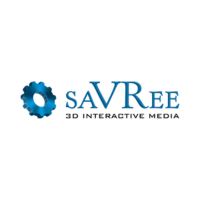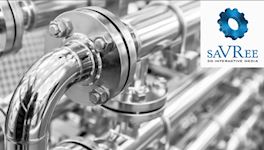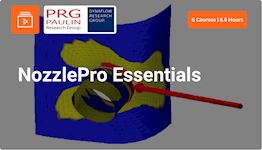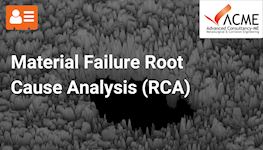Introduction to Steam, Boilers and Thermodynamics
Why take this course?
This self-paced course explores the fundamentals and applications of steam in engineering, covering its history, thermodynamic principles, heat transfer, combustion theory, steam properties, and boiler types. Designed for all engineering backgrounds, the course includes video lectures, quizzes, and offers a certificate with PDH credits.
What you'll learn
After this course, you will understand...
• Why we use steam instead of other energy fluids.
• The history of steam in engineering.
• Heat fundamentals (thermodynamics, latent heat, sensible heat etc.).
• Heat transfer (conduction, convection and radiation etc.).
• Combustion theory (efficiency, heat values etc.).
• Steam properties (wet, dry, saturated, enthalpy etc.).
• Boilers (designs, advantages, disadvantages etc.).
And much more!
About the course
The industrial revolution may have been fired by coal, but it was powered by steam. Humans have been harnessing the power of steam for thousands of years, but it is only in the past 200 years that we have started to rely on it for countless engineering applications. This course looks at the origins of steam, its theory (thermodynamics), generation, and applications.
You will learn:
Why we use steam instead of other energy fluids.
The history of steam in engineering.
Heat fundamentals (thermodynamics, latent heat, sensible heat etc.).
Heat transfer (conduction, convection and radiation etc.).
Combustion theory (efficiency, heat values etc.).
Steam properties (wet, dry, saturated, enthalpy etc.).
Boilers (designs, advantages, disadvantages etc.).
And a lot more!
Irrespective of your engineering background, learning about steam will greatly benefit your engineering career. Steam systems are used at almost every industrial facility, so you can apply 100% of what you have learned to the real world.
Who should attend this course
• This course is designed for industry professionals.• This course is beneficial for anyone in the Oil & Gas, HVAC, chemical engineering, mechanical engineering, or power engineering industries.
Prerequisites
• An engineering background is beneficial, but is not mandatory.Program & Details
-
Welcome
1. Welcome & Your instructor
2. Content overview
3. How to use this course -
Introduction
1. Welcome
2. Before Getting Started
3. Introduction
4. History
5. Uses of Steam
6. Why steam
7. The Steam System -
Combustion I
1. Thermodynamic Fundamentals
2. Pressure
3. Water to Steam
4. Thermodynamic Laws
5. Heat
6. Sensible and Latent Heat
7. Transferring Heat
8. Conduction
9. Convection
10. Radiant Energy
11. Temperature
12. Heat Units
13. Specific Heat -
Combustion II
1. Combustion
2. Combustion Chemical Reaction
3. Combustion Requirements
4. Perfect Complete and Incomplete
5. Primary, Secondary and Excess Air
6. Efficiency
7. Combustion Efficiency
8. Thermal Efficiency
9. Heat Value -
Steam Properties
1. Steam Properties
2. Ideal Gas Law
3. Saturated and Superheated Steam
4. Dry and Wet Steam
5. Clean Steam
6. Enthalpy I
7. Enthalpy II -
Bonus Lecture
1. Boilers
2. Purpose of a Boiler
3. Fired and Un-Fired
4. Fire Tube and Water Tube
5. Water and Fire Tube Boilers Compared
6. Electric Boilers
7. Package and Field Erected Boilers -
Final Thoughts
1. Final Thoughts
-
Bonus Lecture
1. How Watertube Boilers Work
2. How Firetube Boilers Work
3. How Deaerators Work
4. Package and Field Erected Boilers -
Final Notes & Certificate
1. Congratulations
2. Course evaluation survey
3. Your Personal Certificate
Certification
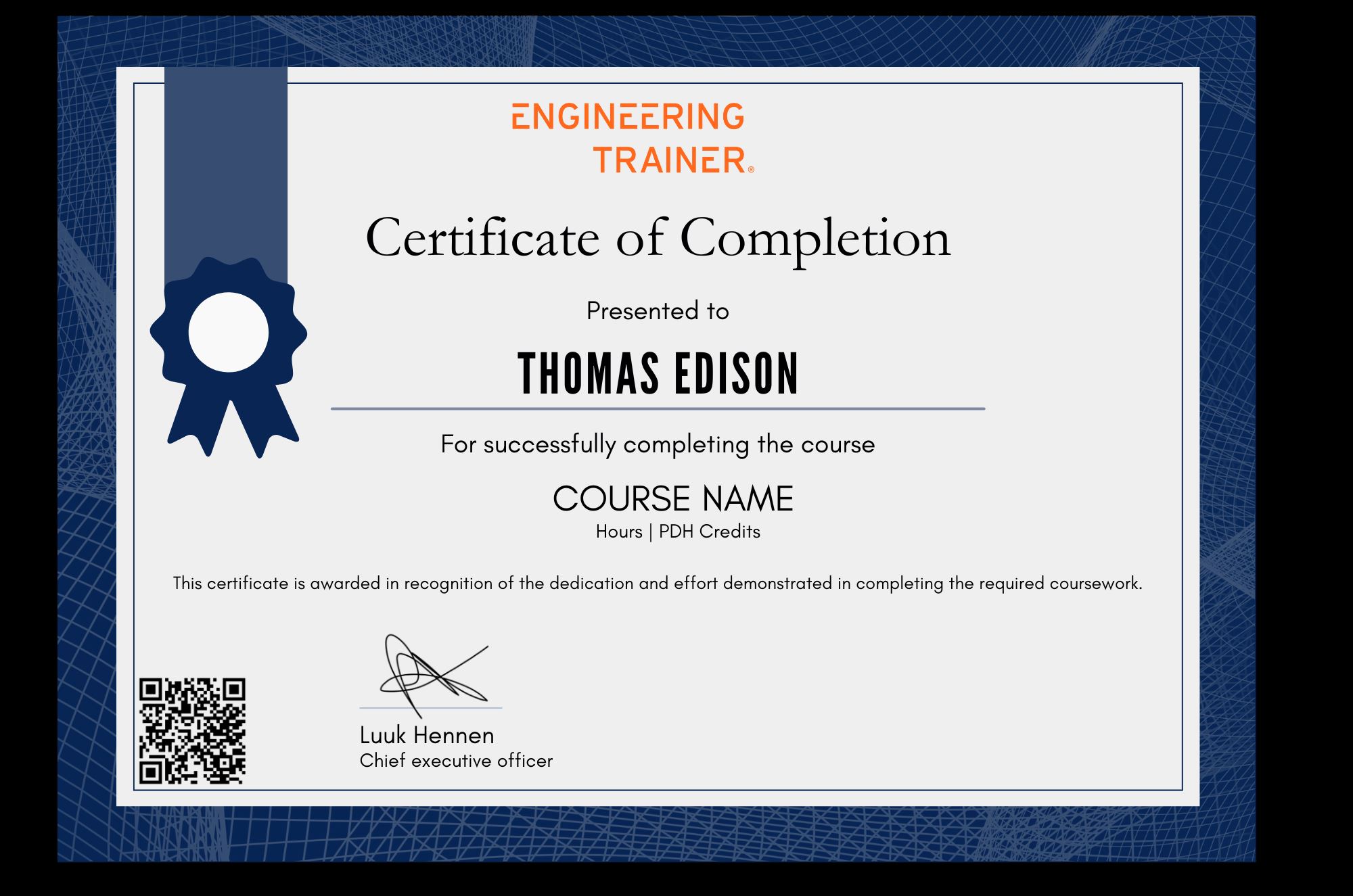

Why choose EngineeringTrainer
-
Unlimited Team-wide Access
-
Advance Technical Competences
-
Courses by Industry Authorities
Since using EngineeringTrainer our internal mentorship has a much more matured character.
Logan Chapman - COO at Chapman Consulting Inc.
Request a Quote
Train Smarter. Grow Faster.
Build real-world skills that help you make better engineering decisions, reduce errors, and stand out in your field.



